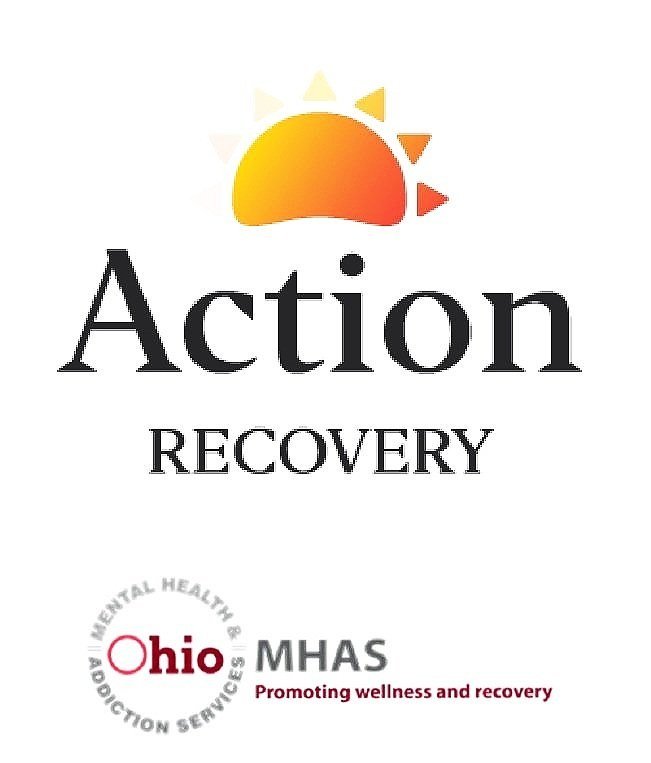To Love an Addict
We are all painfully aware of the opiate epidemic that is ravaging our country and the rest of the world. In the U.S., narcotic painkillers were often the gateway to the disease. In recent years, these prescriptions have greatly subsided, but the horse is already out of the barn, and illegal drug cartels have stepped into the void. They offer ever stronger formulations that physicians would never prescribe for a human.
The people who love or have loved the souls that have been ensnared by this dreaded scourge are left feeling hurt, rejected, helpless and guilty. It is easy to feel relieved when the addict expresses contrition and asks for help. However, when the giver discovers that the help was used to allow the addiction to thrive instead of the loved one, it is natural to feel angry and discouraged about the betrayal. Since hope springs eternal, most families repeat this cycle of providing and being disappointed many times before realizing that only a change of attitude and approach will lead to any kind of peace.
There is a weird sense of altered reality when we talk with a person we love who is addicted to a drug of abuse (including alcohol). We see the loved one earnestly voicing words and sentiments that we know will turn out to be false. We don’t want the suspicion to separate us. We want our loving attachment to repair the rift, but we have seen from experience that this does not work. Instead, we must imagine that this person has been possessed. It is as if the addict’s body has been inhabited by a monster from the archaic, reptilian part of the brain whose only purpose is to find gratification of its drive, the drive solely to bathe the brain in feel-good chemicals, or at least to avoid the awful sickness of withdrawal. Lying is usually the simplest route, but stealing, betraying and even aggressive acts are quick to occur if these simpler solutions don’t work. If you love an addict, it is important to remember: believing and trusting an addict is not helpful. What surprises most people is that you can still convey love without believing the addict’s words.
Here are some ideas: Instead of giving money, offer a meal or a piece of clothing to match the weather. Instead of paying bail, express your relief that he is safe, and you will see him when he is free. If you agree to provide an attorney, find one that will obtain court-ordered treatment at a higher level than before. Many families offer to pay for treatment but nothing else. (But remember that the cost of a treatment program is not a good predictor of its result.)
None of these approaches is likely to be received happily by the addict at first, and instead may precipitate a tirade of guilt-provoking epithets. Stand firm, knowing it is the disease speaking, not your loved-one. Also, none of these methods is foolproof. Their purpose is to protect you; there is never a guarantee that they will induce the addict to get sober.
A good rule of thumb is this: do what will help you sleep best at night. Anger, guilt and helplessness that keep you awake at night are a sign that you are not taking care of yourself and that you are letting yourself be pulled down the drain of addiction as well. What good are you to others if you are ignoring your own needs and compromising your own functioning?
Every family is different, so please do not take these ideas as prescriptions for yours. The one piece of advice that I give to all individuals who love an addict is this: go to Al-anon and become involved. This program will give you support and expose you to the experience, strength and hope from others who have been through the same or similar circumstances. The group members will not tell you what to do, but they will help you find your path to your own recovery from the devastating effects on you of the disease of addiction.
Nancy Duff-Boehm, Ph.D.
